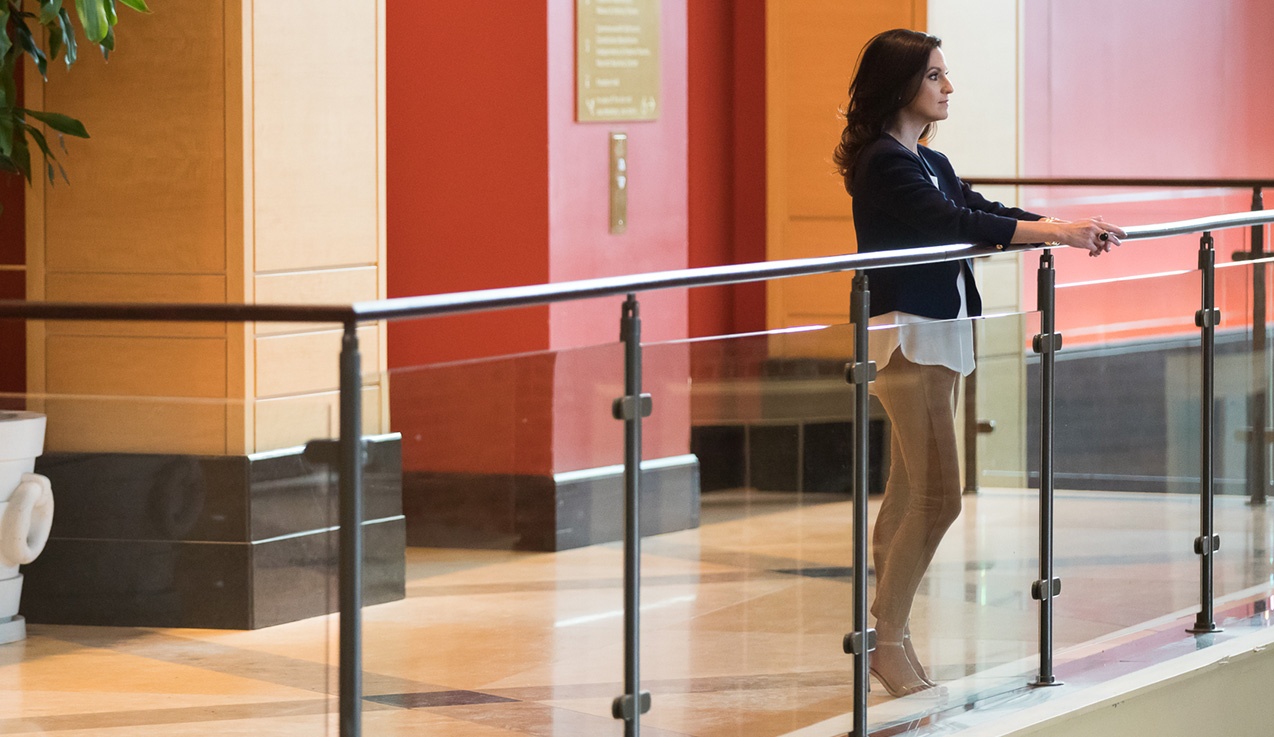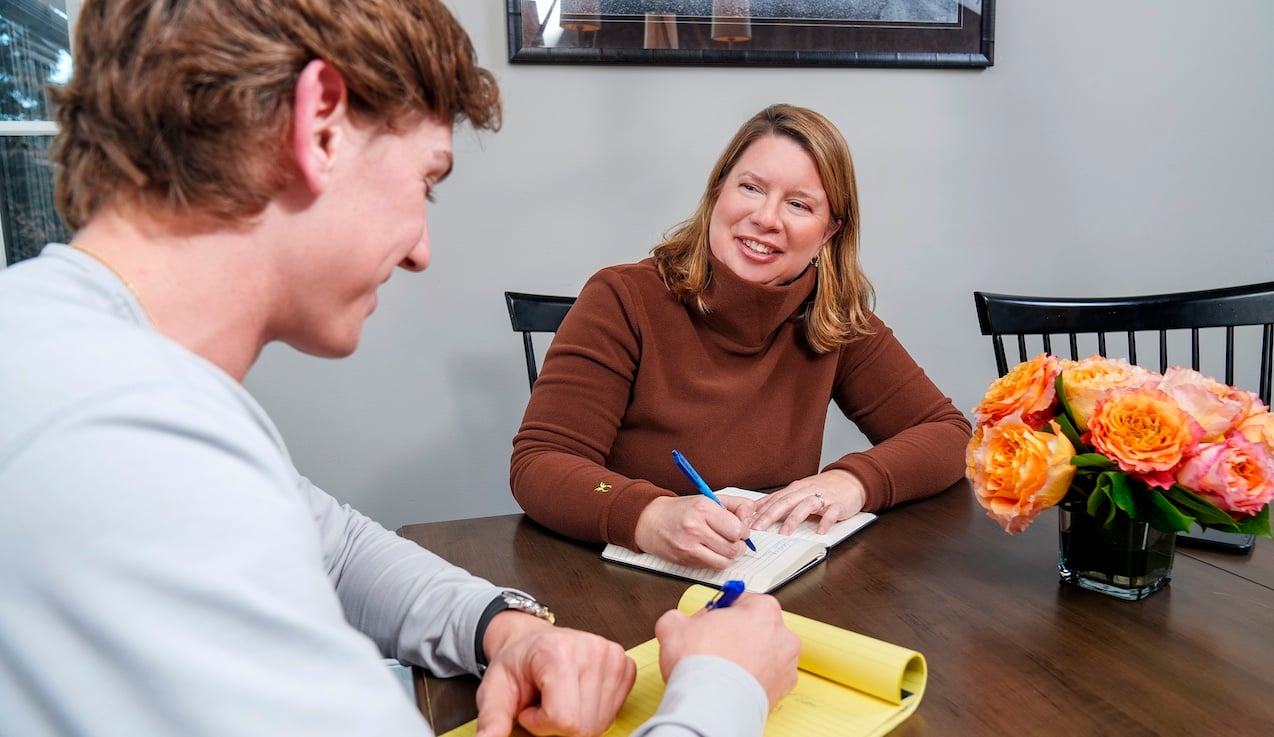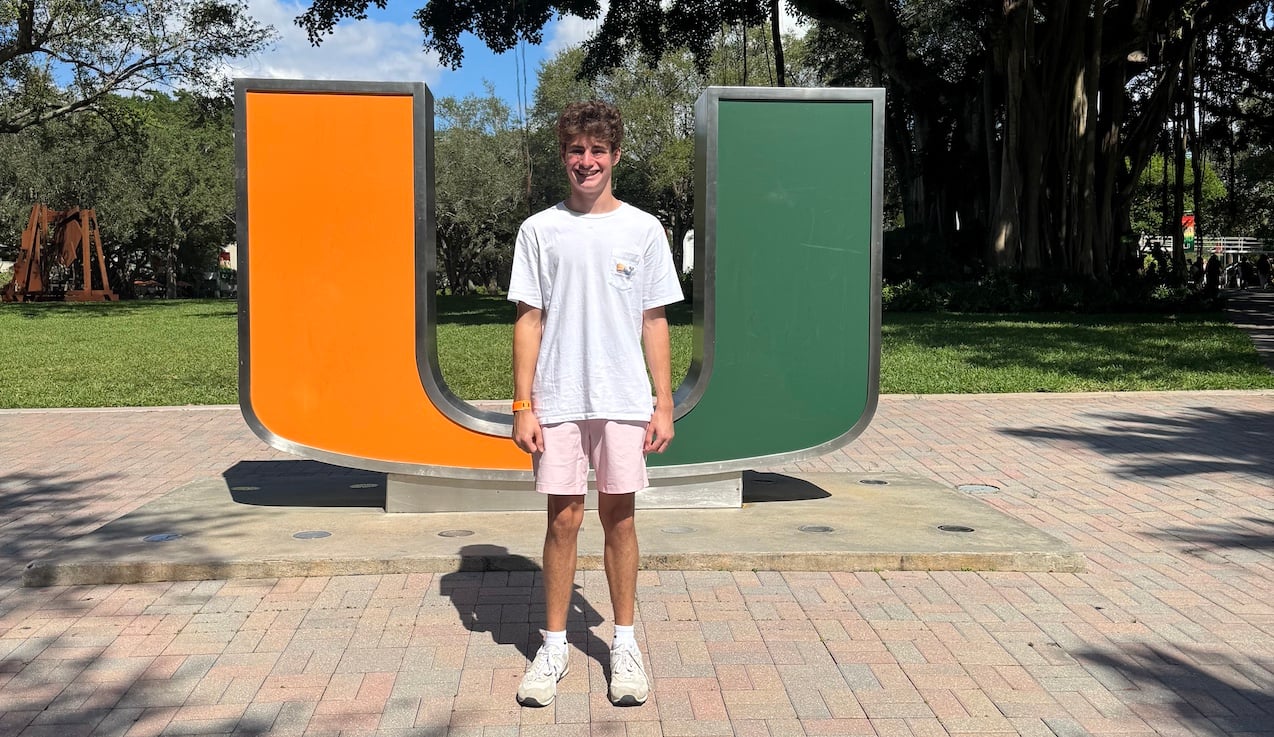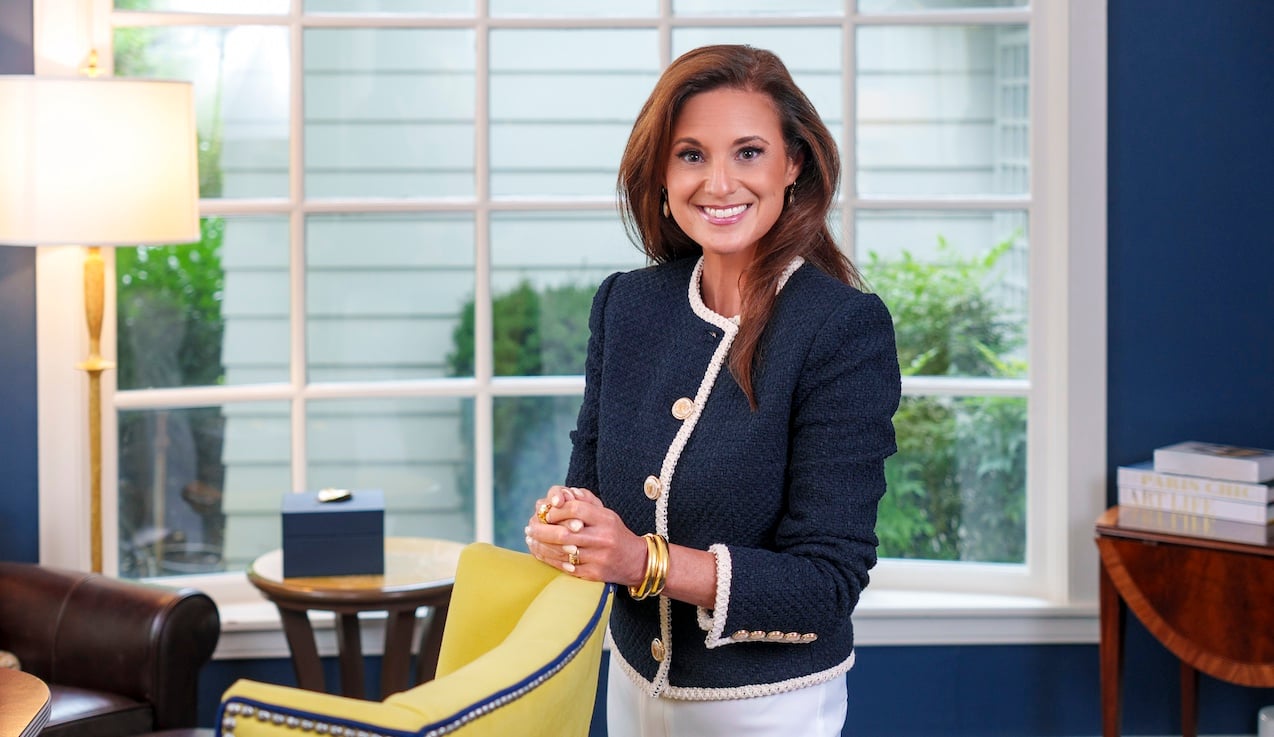Applying to college is often compared to playing a game of chance like Monopoly—where you land defines your future. Often students will tell me that there are so many things out of their control just like a board game, especially when it comes to letters of recommendation. However, students have more power than they think over what is written about them.
With the end of the school year fast approaching, high school juniors can advance themselves in this crazy game by asking the best teachers for letters of recommendation. Here is a foolproof way to get the most powerful recommendation letters.
1. Is this teacher an academic teacher?
If you answered "yes," proceed to the next question. If you answered "no," start over. Traditional four year colleges typically want to hear from English, math, history, science, and foreign language teachers (unless it's a specialized program like art). Letters from elective teachers are not nearly as powerful even if the student plans to major in that area in college (i.e. the AP Calculus teacher's letter is much more respected than the Accounting teacher's letter even for a student applying to a business school or program). Bottom line, letters from academic teachers carry the most weight.
2. Did this teacher have the student in 10th or 11th grade?
If it's a 10th or 11th grade teacher, move forward. While certain high schools only recommend asking junior year teachers, colleges tend to welcome letters from 10th or 11th grade teachers equally.
3. Did this teacher give you one of your strongest grades?
If you got an A in the class, move forward. If you got a B in the class or your grades improved significantly during the school year, stay put and consider this: When a teacher sees a student make progress over the school year they tend to write about it. This can be viewed as a positive thing. But at elite colleges with admit rates in single digits, there's no wiggle room for "improvement." They want students who showed no signs of struggle.
"If you got an A in an academic teacher's class, you're a shoo-in for a great recommendation letter from them." TWEET THIS
4. Does this teacher know you in any other capacity besides class time?
If the teacher is also your advisor, homeroom teacher, mentor, coach, or even your go-to person for advice or ideas, move forward. The teacher should have a multi-dimensional perspective on the student. The more interaction outside of class the teacher has with the student, the more detailed the letter can be.
BONUS: The Dos And Don’ts Of Asking Teachers For Recommendation Letters
5. Is this teacher's academic specialty connected to what you want to study?
If the answer is yes, proceed. If it's not, you can still move forward if one of two things is present: Either your other recommendation letter comes from a teacher whose specialty matches up with what you want to major in for college OR the skills that you exhibit in their class will translate to what you want to study.
6. And, here's a bonus question. Is there one thing that you did in that teacher's class that made you a standout in some way?
Were you the best overall student in the class? Best writer? Best speaker? Best leader? Most creative? If so and your teacher made a point to tell you, proceed with confidence! Students don't have to have the highest grade in the class for a teacher to write a powerful letter of recommendation. When the student stood out in some exceptional way, the teacher tends to write about it.
Admissions offices strategize about everything they do from how to get more students to apply, to who they admit, to how they use merit scholarships. Instead of being at the mercy of these colleges, always stay several steps ahead. One way to take control is to ask the teachers who are going to go to bat for you when they write your letter of recommendation, and make sure they are academic teachers.
Read Part 2 of The Sure-Fire Way to Get Powerful Recommendation Letters!












